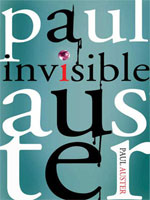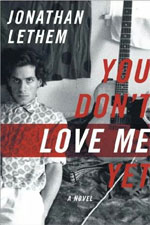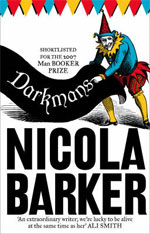
R.K. Narayan’s The Financial Expert is the 71st of a series of titles selected by writer Yann Martel to provide to Canadian Prime Minister Stephen Harper, to encourage an appreciation of the arts and literature in particular in the PM, and to also help Harper with his stillness and thoughtfulness. Martel has regularly sent books from a wide range of literary traditions to Harper. Martel has devoted a Web site to the reading list and his kind, considered and often poignant covering letters with each volume. (All of his letters can be read at http://www.whatisstephenharperreading.ca/. They are also now in printed form, in a book entitled, not surprisingly, What is Stephen Harper Reading?)
Martel’s thoughtful persistence in this quest, started in April 2007, is both heartwrenching and highly commendable. He has never received a direct acknowledgement from Harper, and only some fairly form-letter responses from Harper’s staff, and even one from Industry Minister Tony Clement (although it wasn’t directly related to any of Martel’s book selections).
I’m sure Martel will continue to send well-considered choices (although if I was him, I’d be tempted to send “Going [Pro]Rogue” …) accompanied by articulate letters. I so admire his steadfast commitment.
P.S. Congratulations to Yann Martel for the inclusion of Life of Pi in the National Post’s top 10 Canadian books of the past decade.
Another P.S. There’s a great interview with Yann Martel about the What is Stephen Harper Reading? project on the January 9th episode of CBC Radio’s The House, at www.cbc.ca/thehouse.
Yet another P.S. (added February 1, 2010) – Yann Martel has outdone himself, recommending the amazing Eunoia by Christian Bok: http://www.whatisstephenharperreading.ca/2010/02/01/book-number-74-eunoia-by-…. For some reason, that just gets me utterly jazzed, although it’s no more likely than any other book presented by Martel to actually attract Harper’s attention.
Yet another P.S. (added March 1, 2010) – Stephen Harper might not have the good graces to acknowledge Martel, but someone else does.
Another delighted P.S. (added March 17, 2010) – While Yann Martel is off promoting his new book Beatrice & Virgil, Steven Galloway, author of The Cellist of Sarajevo, is keeping up the momentum, with the exquisite choice of Paul Quarrington’s King Leary.










